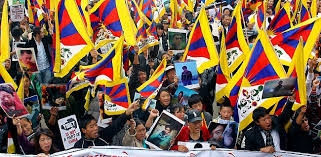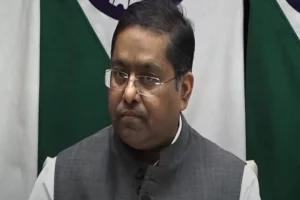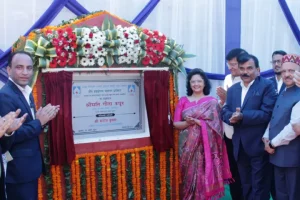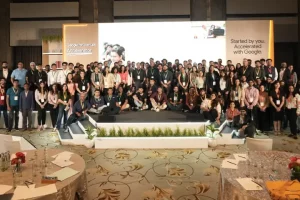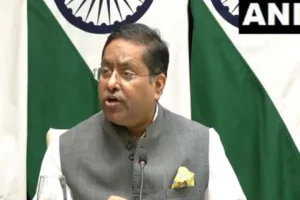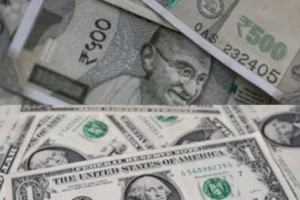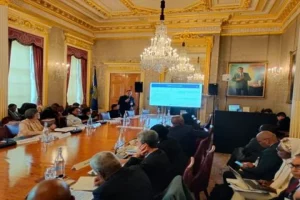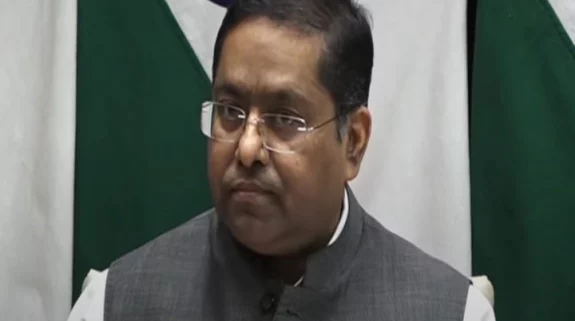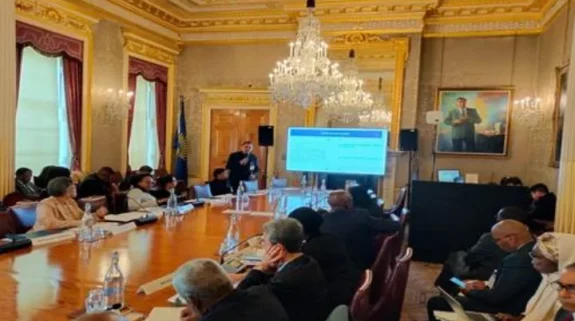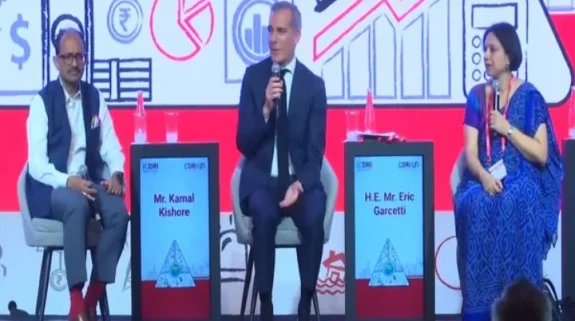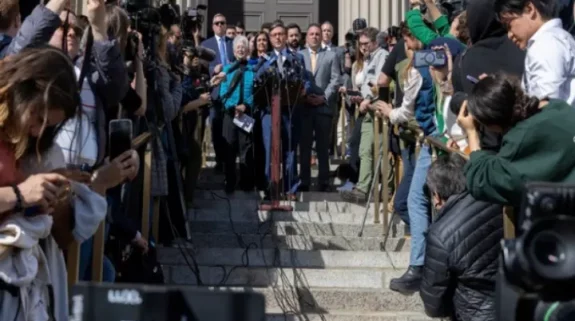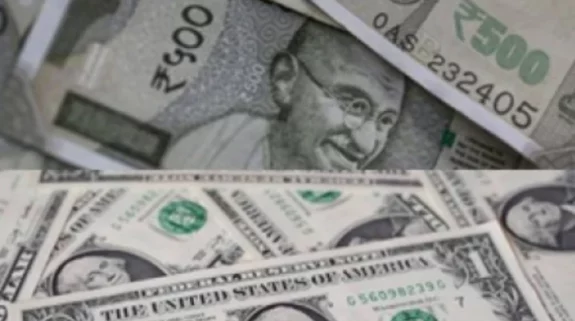Tens of thousands of Tibetans across India and the world cast their vote to elect a new parliament and the Sikyong—head of government. This is the first phase of the two-phase elections.
The Tibetan Parliament-in-Exile (TPiE), also called the Central Tibetan Administration (CTA), has its headquarters in Dharamshala, Himachal Pradesh. The election commission of the CTA said that there are nearly 80,000 registered voters across the world, most of whom reside in India, followed by Nepal and Bhutan.
The TPiE has a total of 45 members—30 from Tibet, 10 from religious constituencies, two representing the Tibetan community in North America, two from Europe and one from Australasia excluding India, Nepal and Bhutan. Two seats are reserved for women. The results will be announced on February 8 while the second and final phase of elections will be held on April 11. The CTA hopes to elect its political leader, the Sikyong, on May 14.
<img class="wp-image-26785 size-full" src="https://indianarrative.com/wp-content/uploads/2020/11/Sikyong-Dr.-Lobsang-Sangay-and-Representative-Tsering-outside-the-White-House-compound-after-the-meeting-e1609760241440.png" alt="Sikyong Dr. Lobsang Sangay and Representative Tsering outside the White House compound after the meeting." width="500" height="360" /> Sikyong Dr. Lobsang Sangay and Representative Tsering outside the White House compound after the meeting (Photo: tibet.net)Talking about the elections, the current president of the CTA, <a href="https://apnews.com/article/voting-india-elections-tibet-ac45f1a53a92b791801877713e0a073d" target="_blank" rel="noopener noreferrer">Dr Lobsang Sangay, told AP</a>: "By this we are sending a clear message to Beijing that Tibet is under occupation but Tibetans in exile are free. And given a chance, an opportunity, we prefer democracy. No matter what you do, the pride of Tibetans, the sense of Tibetans, is to be democratic and practice democracy.”
Dr Sangay is serving his second consecutive term as the political head of the Tibetan community in exile since the Dalai Lama abdicated his responsibilities in 2011 to continue as the spiritual leader. The Dalai Lama had set up the CTA in Dharamshala in India to be able to carry forward uninterrupted governance from Lhasa onwards.
The Tibetan elections come on the heels of a landmark US Congress law, the Tibet Policy and Support Act (TPSA) that lends support to the TPiE and the Tibetans in their humanitarian struggle against China. The TPSA also says that the decisions regarding the reincarnation of the Dalai Lama lie only with him, the Tibetan Buddhist leaders and the Tibetan people. The US law makes it an offence for Chinese government officials to interfere in the selection process of a successor to the Dalai Lama and penalises officials for doing so.
This year, the humanitarian arm of the US – the USAID has also started providing funds to the CTA.
Walking its tough talk, the US invited Dr Sangay as the head of the Tibetan government to the White House in November 2020, the first-ever such discussion in nearly six decades, where he met with Assistant Secretary and Special Coordinator for Tibetan Issues Robert Destro. All this while the US had not formally recognised the Tibetan government in exile. <a href="https://tibet.net/sikyong-dr-lobsang-sangay-formally-enters-the-united-states-white-house-this-afternoon-a-historic-feat/" target="_blank" rel="noopener noreferrer">The CTA says</a> that before this formal meeting, Tibetan representatives used to meet American officials informally at restaurants and such meetings were kept confidential.
Stung over the spotlight on Tibet and the alleged humanitarian abuses it is carrying out in the region, China recently warned India against playing the Tibet card.
Cautioning Indian media against playing the “Tibet Card”, Counsellor Rong Ji of the Chinese embassy in New Delhi contends the US legislation “maliciously distorts [Tibet’s] social development, makes groundless accusations, denigrates China’s ethnic and religious policies, and interferes in the normal reincarnation procedure of living Buddhas under the pretext of human rights and religion”.
She claims Tibet “has been part of China since ancient times” and its affairs are “purely China’s internal affairs that allow no foreign interference”. On their part the Tibetans in exile point out that
prior to China’s military invasion of Tibet in 1950, Tibet was an independent country, and no other country knows this better than India. Historically, there never was a India-China border, only a
India-Tibet border. This is an undeniable fact, that even the global hegemony of Chinese economic and military prowess cannot dilute by rewriting Tibetan history at will.
Following the classic literature of erstwhile colonial powers, China’s incessant propaganda machinery has mastered the art of untruthfully glorifying Tibet’s economic development in the last half-century, under China’s rule.
China has also warned Washington to not interfere in the internal affairs of China. The communist country is under global pressure over aggression against neighbours including India, Bhutan, Taiwan, Japan and countries in Southeast Asia. It is also under condemnation over human rights violations in Tibet, Hong Kong and Xinjiang..






